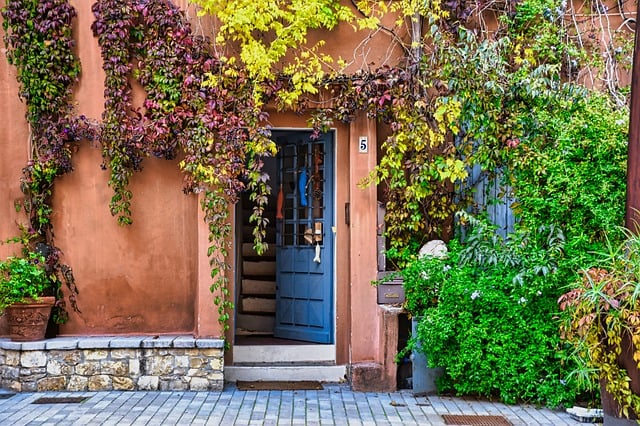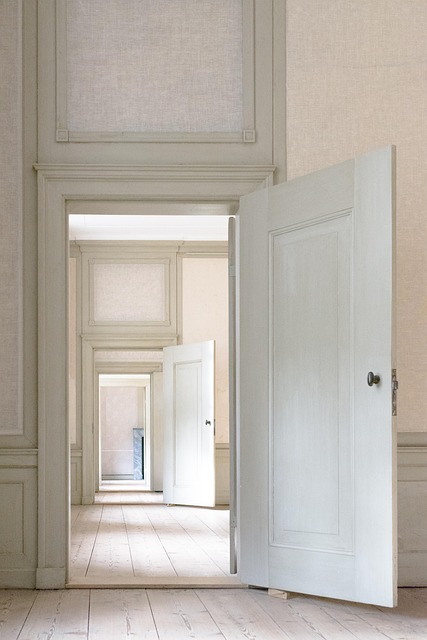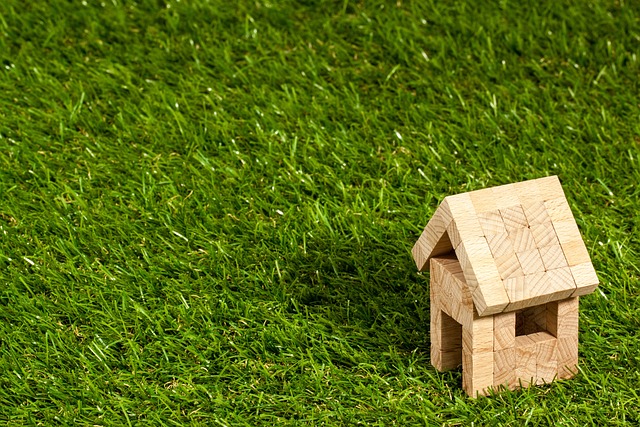House sitting is a growing alternative to traditional pet-sitting or maintenance services that benefits both homeowners and sitters. Homeowners can secure their homes while traveling, with sitters gaining free accommodation and the comfort of a home environment. A successful house-sitting arrangement relies on clear communication, understanding roles, and a comprehensive agreement outlining duties such as pet care, mail handling, plant maintenance, and minor property repairs. Homeowners must vet sitters for reliability and experience, while sitters should be committed to their responsibilities. This service not only provides security and upkeep for the property but also acts as a crime deterrent by maintaining a lived-in appearance. House sitting emerges as a strategic option for temporary housing and property care, offering significant benefits and solidifying its role as an essential component in property care solutions.
When homeowners embark on travels or relocations, ensuring their residence is well-maintained is paramount. House sitting emerges as a pivotal solution, blending security with property care. This article delves into the multifaceted aspects of house sitting, offering insights for both homeowners seeking peace of mind and prospective sitters aiming to secure residential care roles. From understanding the nuances of house sitting to exploring innovative services and legal considerations, we guide you through the process of finding reliable solutions that cater to your unique requirements. Whether you’re a property owner looking for short-term or long-term care, or a house sitter eager to expand your opportunities, this comprehensive guide covers everything from the financial implications to environmental stewardship in house sitting. Join us as we navigate the intricacies of maintaining and safeguarding homes in their owners’ absence.
- Understanding House Sitting: A Comprehensive Guide for Homeowners and Sitters
- The Benefits of House Sitting for Property Owners Away from Home
Understanding House Sitting: A Comprehensive Guide for Homeowners and Sitters

House sitting is an alternative to traditional pet-sitting or property maintenance services, offering a mutually beneficial arrangement for homeowners who travel and those seeking temporary accommodations. For homeowners, entrusting their residence to a house sitter can provide peace of mind that their home is cared for in their absence, with the added advantage of having their property lived-in, which may deter potential intruders. House sitters, on the other hand, gain access to accommodation without the cost of rent, allowing them to explore new environments and enjoy the comforts of home while on their travels.
When considering house sitting, it’s crucial for both parties to establish clear expectations and guidelines. Homeowners should thoroughly vet potential sitters by checking references and verifying their experience. Sitters must understand the responsibilities involved, including maintaining the property, caring for pets or plants, receiving mail discreetly, and ensuring the safety and security of the home. A comprehensive house-sitting agreement can outline these duties, as well as any specific requirements such as garden upkeep, utilities management, or even handling minor repairs. This agreement serves as a roadmap for the sitter, ensuring that the homeowner’s needs are met and their property remains in good condition throughout their absence.
The Benefits of House Sitting for Property Owners Away from Home

Engaging in house sitting can offer significant advantages for property owners who are temporarily away from their homes. This practice involves a trusted individual residing in the property to monitor its condition, maintain its upkeep, and deter any potential security breaches. For property owners, having a responsible sitter can provide peace of mind knowing that their home is being cared for while they are absent. House sitters often perform routine maintenance tasks, such as watering plants, collecting mail, and ensuring that all systems, like heating and cooling, are functioning properly. This attentive care can protect valuable possessions from damage due to neglect, such as frozen pipes bursting in the winter or overgrowth damaging landscaping in the summer. Moreover, a house sitter’s presence can be a strong deterrent against burglaries, as an occupied home is a less attractive target for intruders. This dual role of property caretaker and security guard ensures that a property owner’s investment remains secure and well-maintained, making house sitting an invaluable service in the realm of residential property care solutions.
Homeowners seeking peace of mind when away can leverage house sitting as a practical solution to maintain their residential properties. This article has delved into the nuances of house sitting, offering valuable insights for both homeowners and potential sitters. It’s clear that house sitting not only secures one’s property but also offers various benefits, including cost savings, security, and peace of mind. For those considering this arrangement, understanding the responsibilities and mutual expectations is key to a successful experience. Whether you’re a homeowner looking for trustworthy care or a sitter eager to explore new environments, house sitting remains a compelling option in property care solutions.






